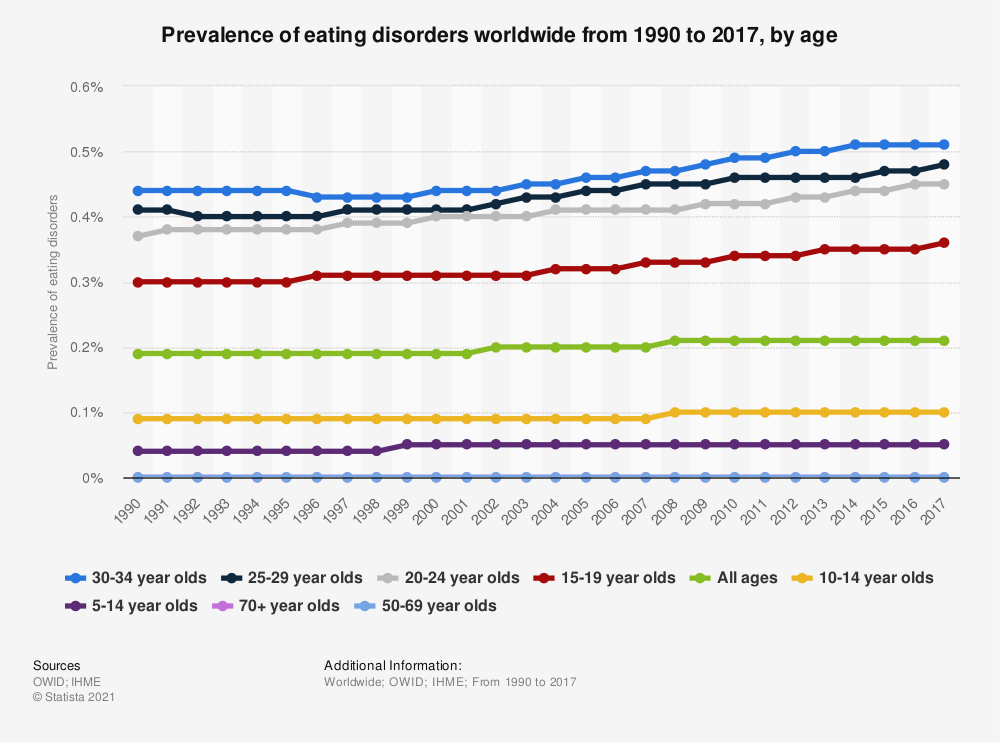
Sheridan is having a free online event on March 16th at 6 pm for a discussion with the National Eating Disorder Information Centre (NEDIC). All students are welcome to attend.
This event will discuss early signs of disordered eating and how we can support loved ones affected by eating disorders.
Ary Maharaj, an outreach and education coordinator with NEDIC, explains what an eating disorder is.
“Eating disorders are persistent disturbances in eating and eating-related issues that negatively affect someone’s physical health, mental health, or psychosocial functioning. It’s a mental health issue,” says Maharaj.
Having a discussion about eating disorders is important because the topic is rarely discussed. So many people are affected by disordered eating and the number is only growing.
According to a report by John Elflein, the prevalence of eating disorders has grown worldwide.

“Ways we can support [someone affected by disordered eating] is by going to this event and being open to talk about it. Even if you don’t know anyone in your life that has an eating disorder at this very moment, it’s more common than people think. Most of the time we don’t have the skills or the knowledge to be able to handle it in a healthy way,” says Julia Bertola, the Sheridan VP of Community Development at Sheridan Student Union.
There are many different types of eating disorders and it’s important to be able to spot early signs of an eating disorder so we can reach out for help for our loved ones or for ourselves.
“Some of the earliest signs [of an eating disorder] might be that their conversation starts to turn really diet culture focused. They become really isolated or rigid when thinking about eating or exercise. As soon as you think it’s a concern for yourself or for someone in your life, the earlier we can get someone help, the better their outcomes are in terms of being able to live the life they want to live. It doesn’t need to get to the point of feeling like you have to be sick enough to have an eating disorder to reach out for help,” says Maharaj.
NEDIC has a wide variety of resources. You can read about eating disorders and the different types on their site here. There is also a free, anonymous chat service to reach a trained support worker right away.
You can register for this event here.
